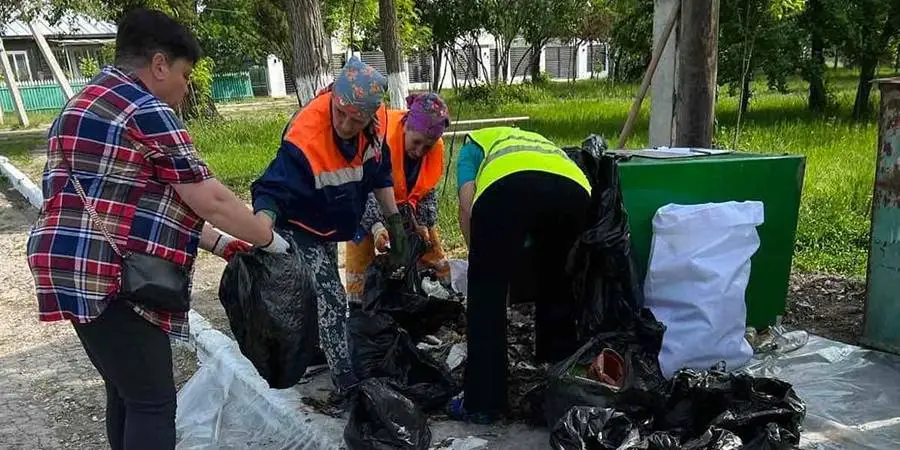Waste Characterization Study and Evaluation of Moldova’s Prospects for Waste-to-Energy Production

Tetra Tech ARD;
Moldova;
United States Agency for International Development (USAID);
03.03.2023
30.09.2024
Eastern Europe and Balkans;
The project is part of the USAID-funded Moldova Energy Security Activity (MESA), aimed at strengthening the energy sector of Moldova by promoting market-oriented reforms, increasing energy efficiency, and developing renewable energy sources.
As part of this initiative, PMCG, a subcontractor to Tetra Tech, is conducting a waste characterization study to determine the potential for waste-to-energy (WTE) production in Moldova, to promote energy security, and to contribute to sustainable waste management practices. The project covers two out of eight possible Waste Management Regions (WMRs) of Moldova: Chisinau municipality and its six districts (with a population of approximately 532,513); and Balti municipality and its seven districts (with a population of about 102,457).
PMCG’s waste characterization study will identify types and amounts of generated waste, enabling the assessment of feasibility of implementing WTE technologies and the selection of the most effective and environmentally friendly technologies for WTE production.
To achieve its objectives, PMCG is providing several activities, including:
- National workshop and stakeholder participation activities: This entails the development of a draft work plan, the organization of a national workshop for relevant stakeholders from selected WMRs, and the production of a stakeholder participation report to capture feedback.
- Morphological composition survey covering all four seasons: This activity involves the development of a methodology and conducting a study on the morphological composition of municipal solid waste (MSW) in two selected WMRs, carried out during each season. Proximate and elemental analysis of the MSW fractions, determination of the heating and calorific value of the waste components over one year, and the preparation of quarterly progress reports on morphological composition are also included.
- Assessment of municipal solid waste (MSW) and its potential for WTE production: This activity involves assessing MSW production in selected WMRs, estimating the future quantities of MSW to be produced during the 2023-2030 period, developing MSW production projections in selected WMR reports, and assessing potentials for WTE production in WMRs based on the outcomes of the waste composition studies.
- Analysis and selection of the most effective WTE technologies: This activity involves analyzing and selecting the most effective environmentally friendly commercial technologies for WTE production in selected WMRs, preparing a report on the selected environmentally friendly technologies for WTE production, developing detailed ToRs for procurement of the proposed WTE solutions at promising locations within selected WMRs, preparing the final report, and organizing a national workshop and presenting conclusions emerging from the final project results.
This project is expected to contribute to the sustainable development practices of the country, reducing its dependence on fossil fuels and promoting the generation of renewable energy.